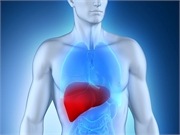
Hepatorenal syndrome type 1 (HRS-1), a severe renal complication of decompensated cirrhosis, is treated with the FDA-approved vasopressin analogue terlipressin. A full response for the management of acute kidney injury (AKI) is described in guidelines from the International Club of Ascites as a serum creatinine at the end of treatment within 0.3 mg/dL of baseline. Baseline may be within 3 months prior to admission or, if unavailable, upon admission.
According to Muhammad A. Mujtaba, MD, and colleagues, there may also be a clinical benefit associated with a partial response, defined as AKI regression and a reduction in serum creatinine of ≥0.3 mg/dL above baseline. Because a historic baseline is not always available, the researchers conducted a pooled data analysis to examine the clinical impact of a relative response, defined as a >30% reduction in serum creatinine from the start of treatment to the end of treatment, regardless of the historic baseline and HRS reversal status, in patients with HRS-1 who were treated with terlipressin.
Results of the analysis were reported during a poster session at the NKF Spring Clinical Meetings 2023 in a poster titled A Reduction in Serum Creatinine of a Least 30% Leads to Meaningful Outcomes in Patients With Hepatorenal Syndrome Type 1: A Pooled Analysis of 3 Phase III Studies.
The analysis included pooled data from three phase 3 placebo-controlled studies (OT-0401, REVERSE, and CONFIRM) to evaluate the relative response to terlipressin versus placebo in patients with HRS-1. The need for renal replacement therapy (RRT) and the number of patients alive at day 90 were compared based on the relative response in the pooled intent-to-treat population. Statistical significance was determined using Chi-square tests.
The pooled intent-to-treat population included a total of 608 patients; of those, 352 were in the terlipressin group and 256 were in the placebo group. More patients in the terlipressin group achieved a relative response compared with the placebo group (43% [n=151] vs 23% [n=60], respectively; P<.001).
By day 90, in the pooled population, there were associations between a relative response and a lower incidence of RRT (15%, n=32/211) compared with no response (45%, n=1277/397). Seventy-one percent of patients with a relative response (n=150/211) were alive at day 90 compared with 42% (n=165/397) of those with no response.
In conclusion, the researchers said, “A >30% reduction in serum creatinine from the start of treatment to the end of treatment with terlipressin is a clinically meaningful end point that is associated with a lower incidence of RRT and a higher number of patients alive at day 90.”
Source: Mujtaba MA, Zafar Z, Jamil K. A reduction in serum creatinine of at least 30% leads to meaningful clinical outcomes in patients with hepatorenal syndrome type 1: a pooled analysis of 3 phase III studies. Poster #20. Abstract of a poster presented at the National Kidney Foundation Spring Clinical Meetings 2023; April 11-15, 2023; Austin, Texas.

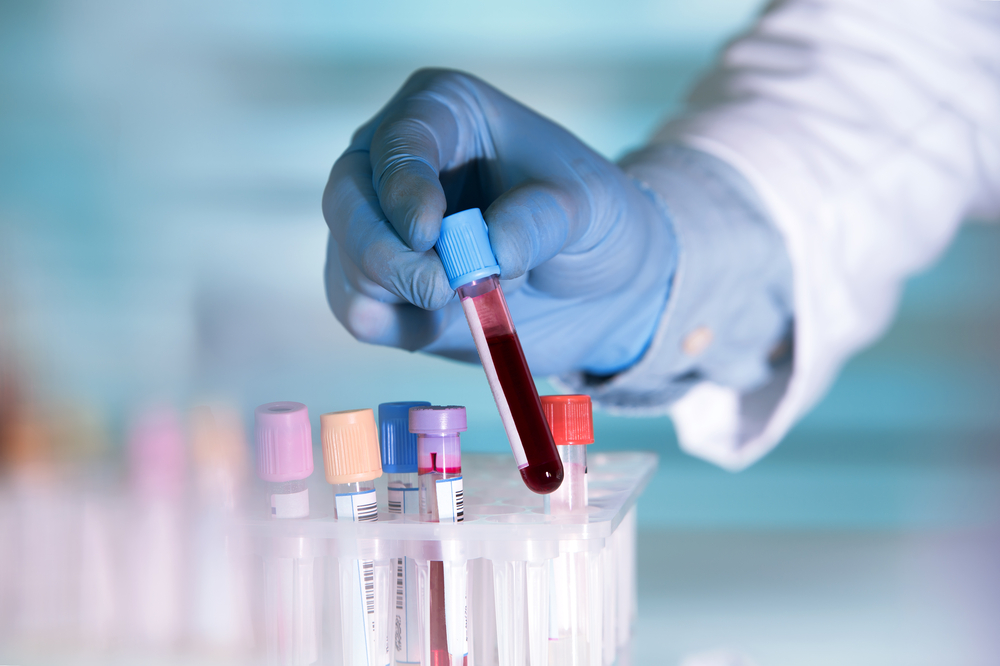
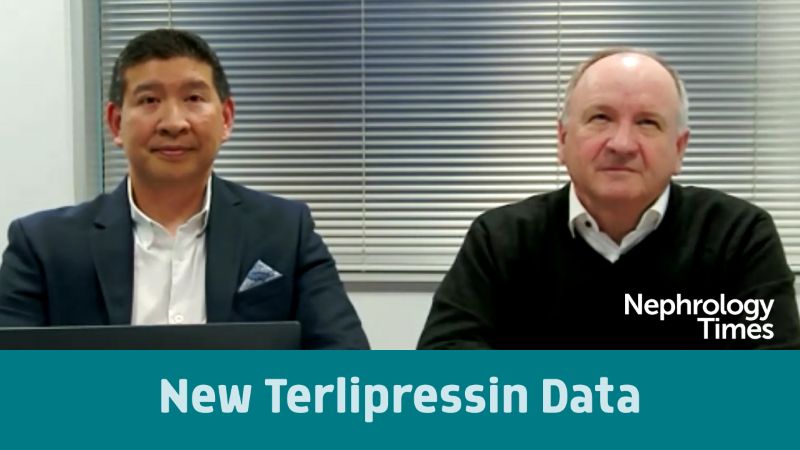
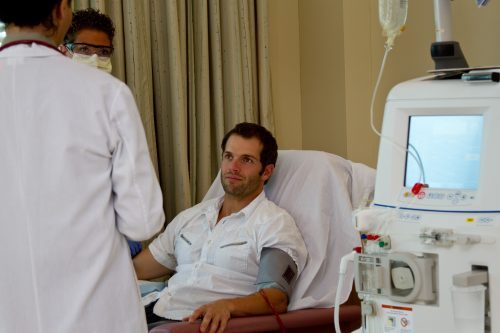

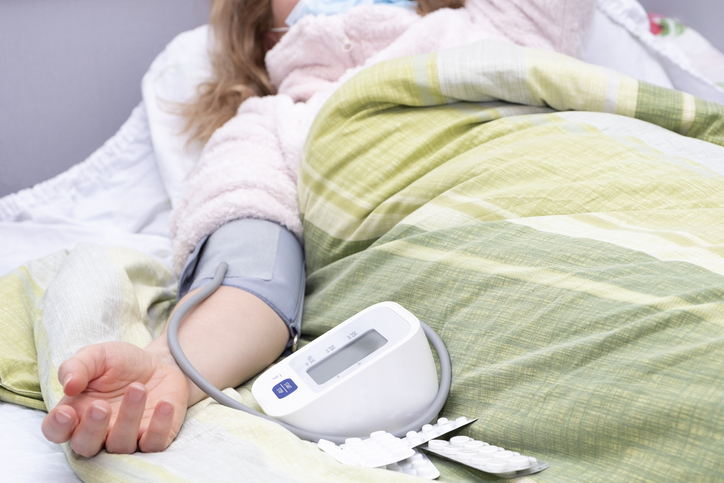

 © 2025 Mashup Media, LLC, a Formedics Property. All Rights Reserved.
© 2025 Mashup Media, LLC, a Formedics Property. All Rights Reserved.